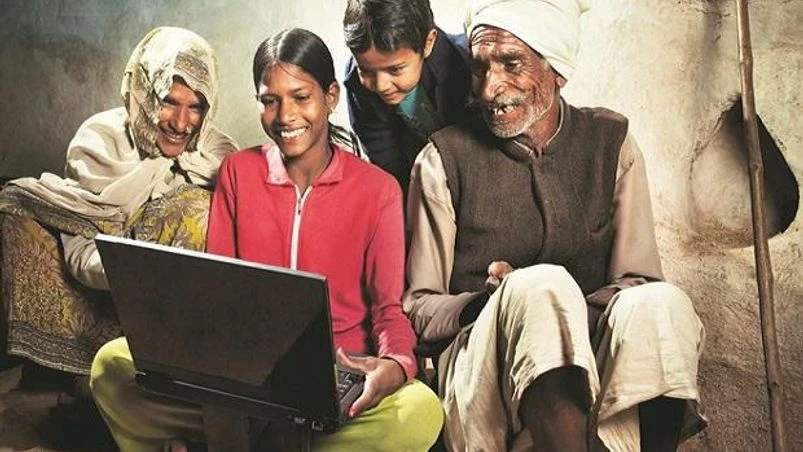 Understanding the EWS quota
Understanding the EWS quota
Validity of the 10% quota for people belonging to economically weaker sections is under scrutiny now. The case is being heard by the Constitution bench of the Supreme Court of India. Here's more
Raghav Aggarwal New Delhi
)
A Supreme Court (SC) bench, headed by Chief Justice UU Lalit, is hearing a bunch of petitions challenging the constitutional validity of the 103rd amendment act, passed on January 12, 2019. The amendment provided a 10 per cent quota in government jobs and educational institutes to people belonging to economically weaker sections (EWS) of the society.
Who is eligible
Families other than those covered in SC, ST, and OBC with a gross annual income of less than Rs 8 lakh per annum are eligible to be covered as EWS after the Act was passed. The educational institutes run by minority communities were excluded from the ambit of the Act.
Why was the amendment challenged in court?
On January 10, 2019, even before the amendment was shown a green flag by the President, several petitions were filed in the Supreme Court stating that the amendment violates the “basic structure” of the Constitution.
The basic structure are the most fundamental rules that need to be held at all costs in every legislation. In the Indra Sawhney & Others vs Union of India case, 1992, the Supreme Court stated that no amendment that violates the Constitution's basic structure would be valid. It further stated that the total number of reserved seats and positions could not exceed 50 per cent of the total. Also, economic backwardness cannot be the sole reason for reservation.
Also Read
There are three main points the Supreme Court has to decide: Is the reservation based solely on economic backwardness constitutionally valid? Is the reservation in private institutes based on EWS valid? The Act excludes SCs, STs, and OBCs from the definition of EWS. Is that constitutionally valid?
What is the government's stance?
The government has said that although the 50 per cent limit was fixed in the 1992 judgement, it can be breached if quantifiable data supports the argument. Also, it added that the Act aims to bring equality to society, and EWS can be uplifted solely on economic grounds.
More From This Section
Don't miss the most important news and views of the day. Get them on our Telegram channel
First Published: Sep 15 2022 | 7:00 AM IST

